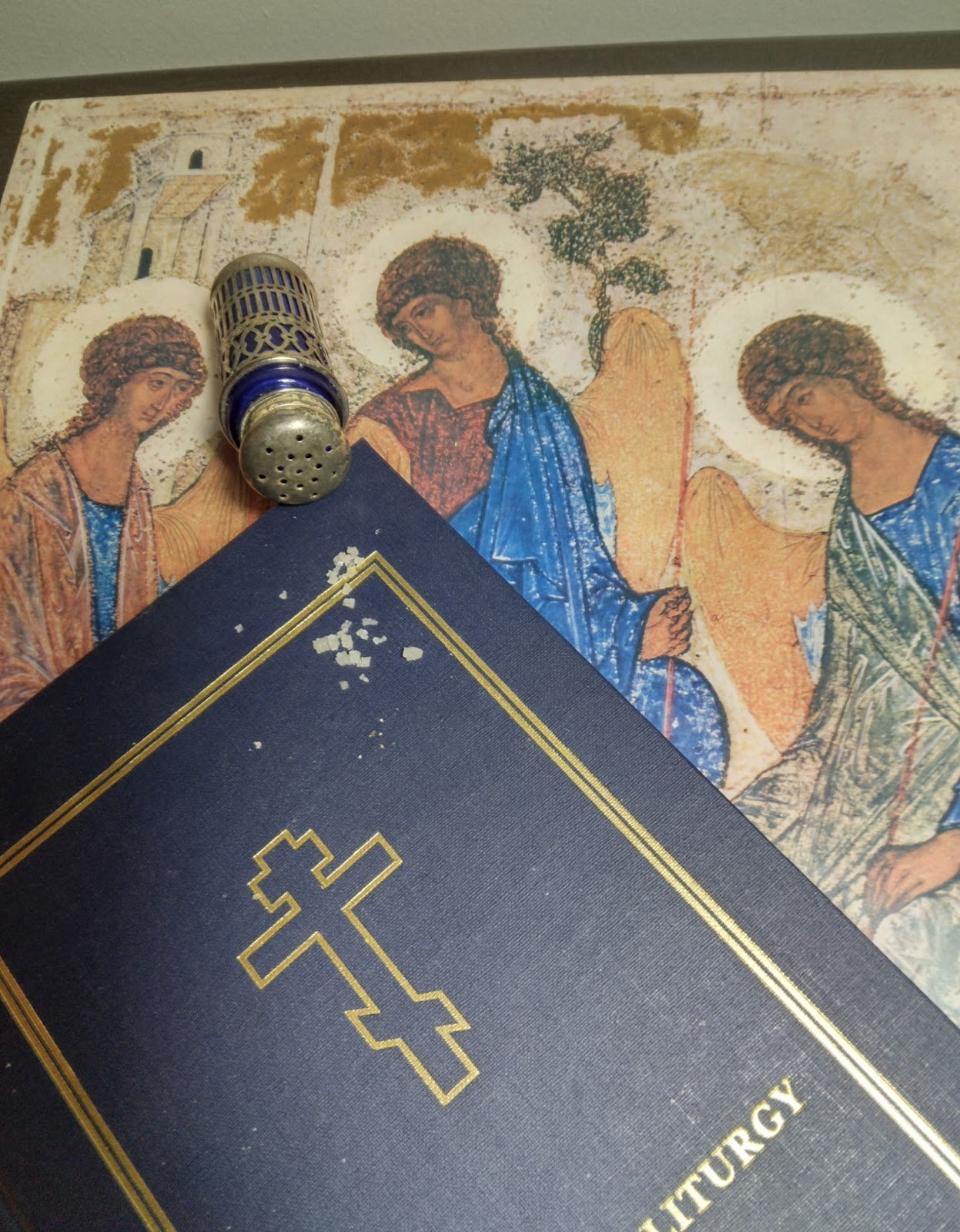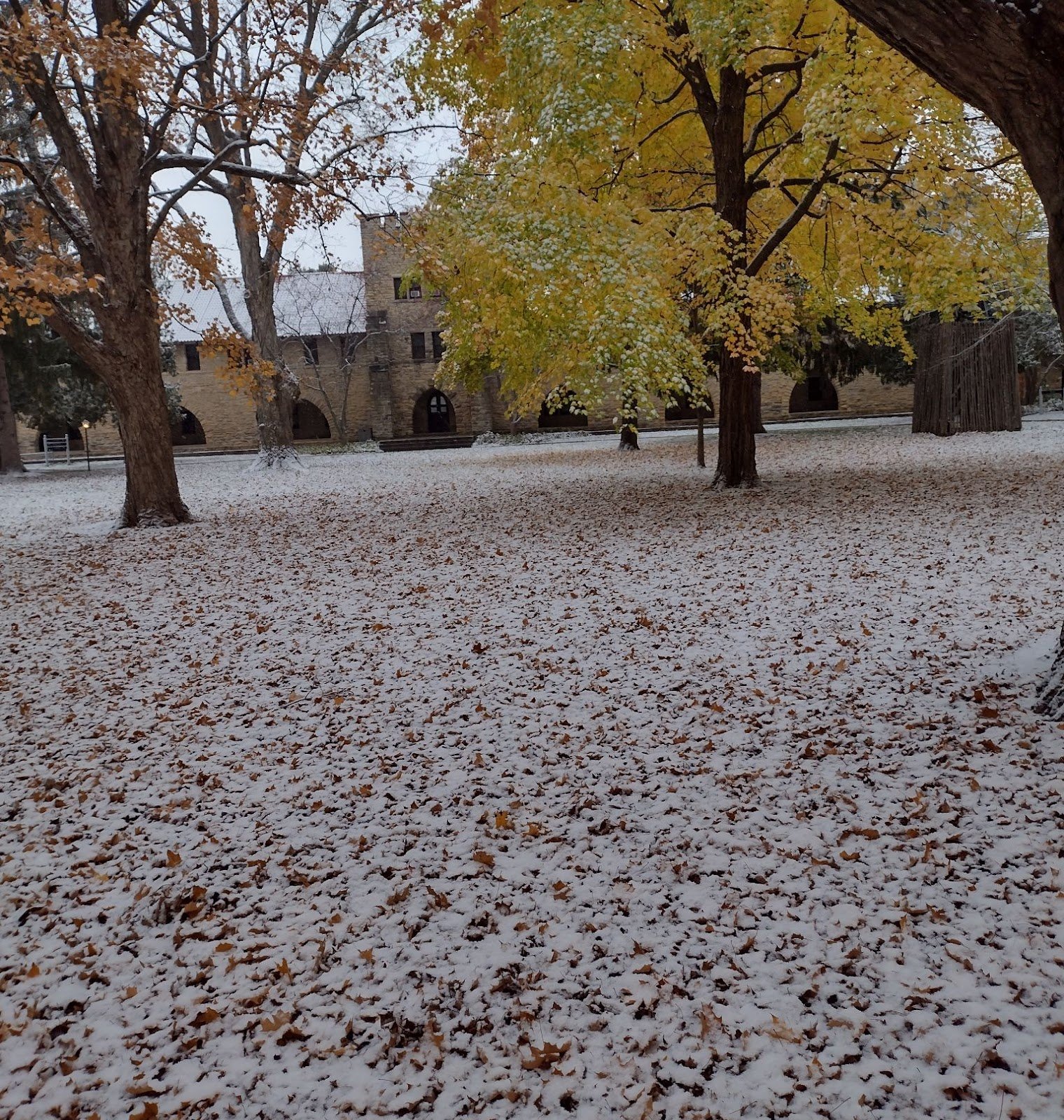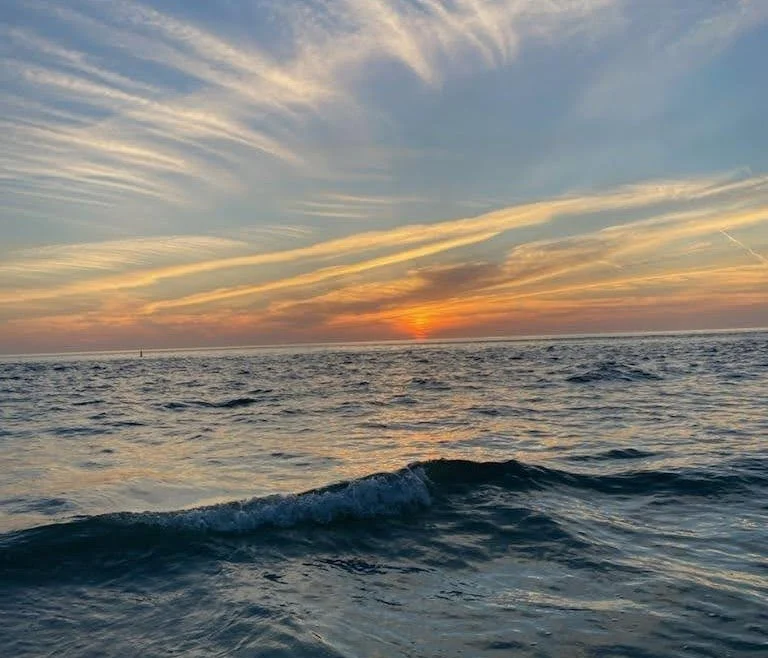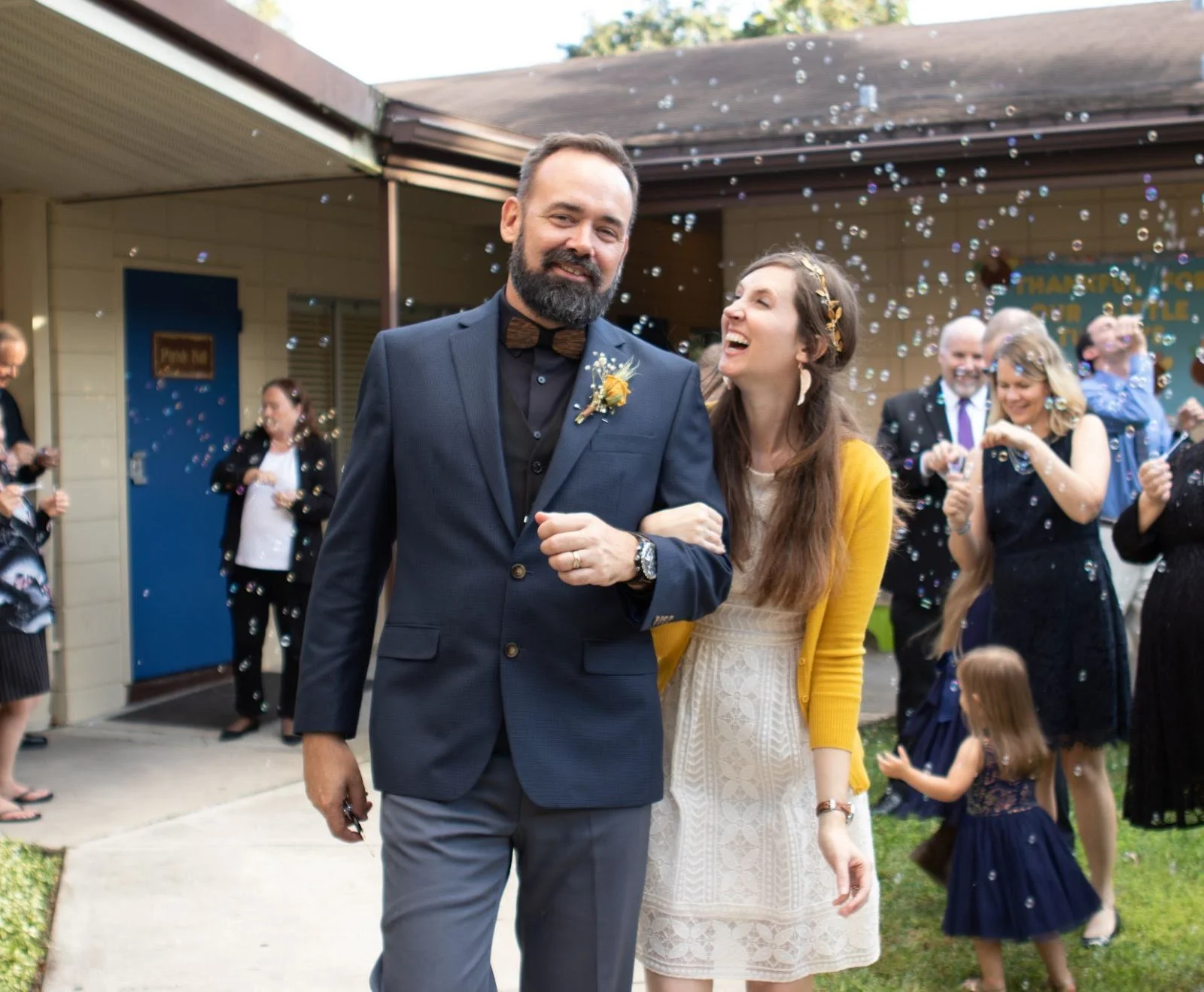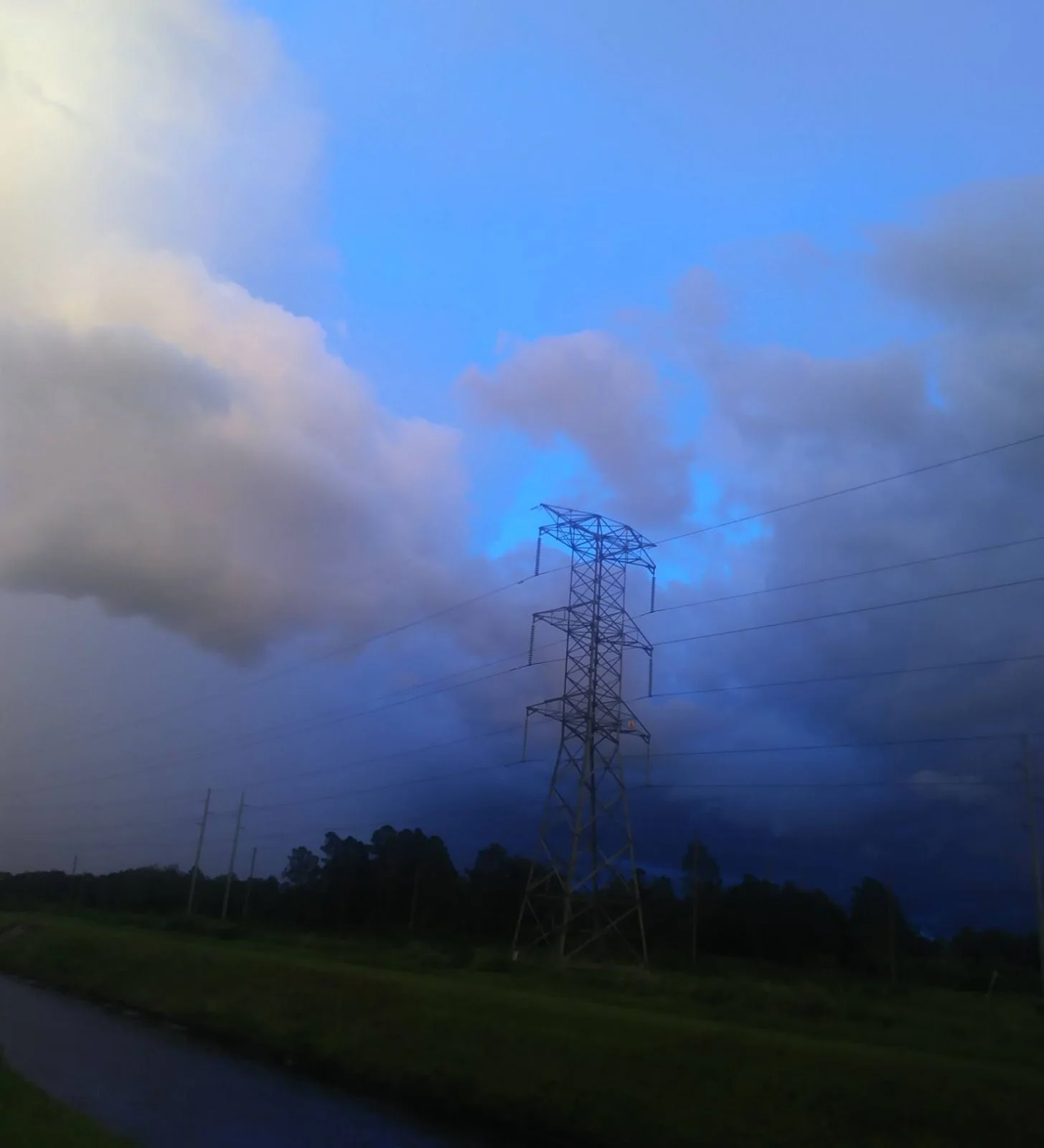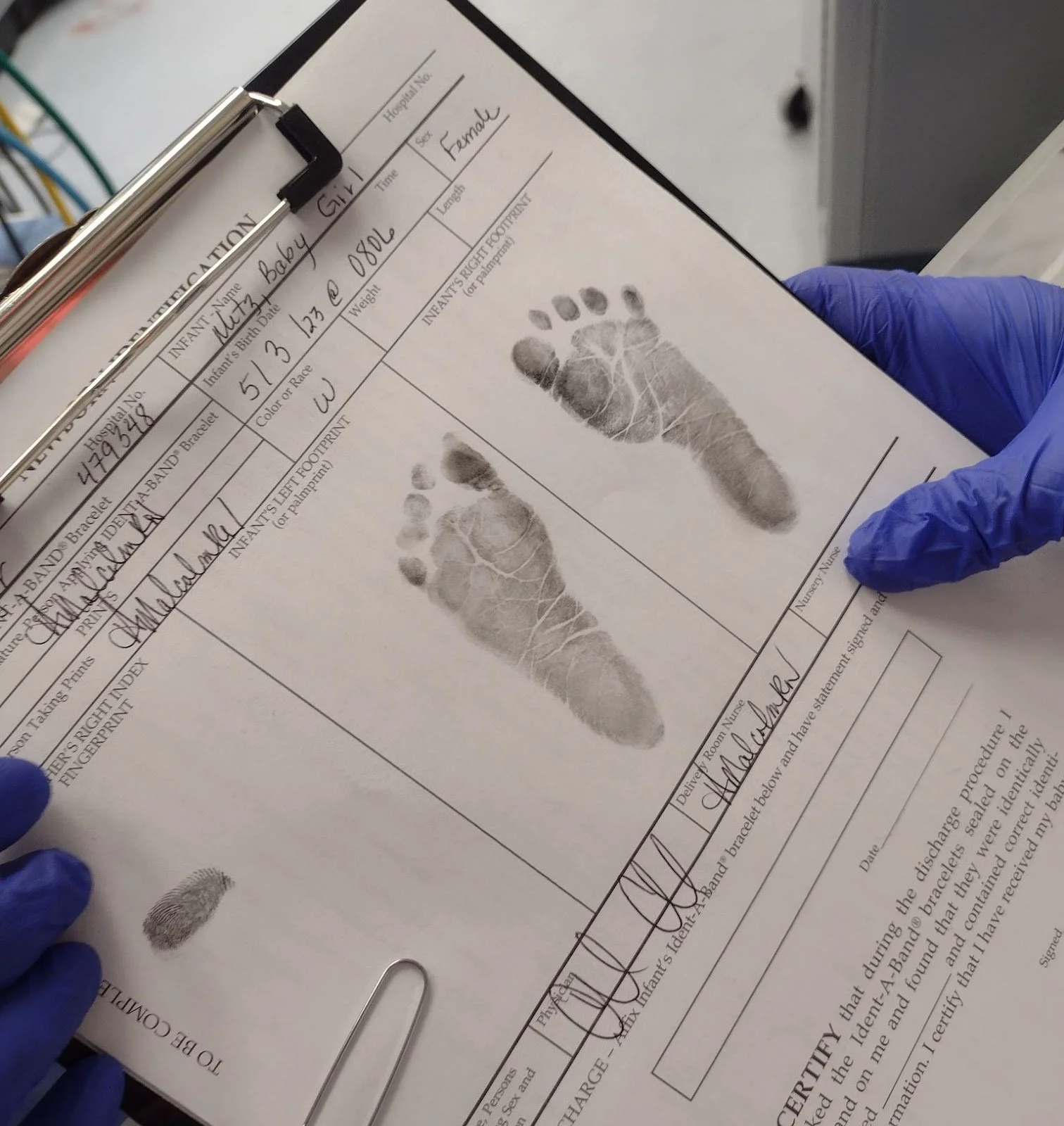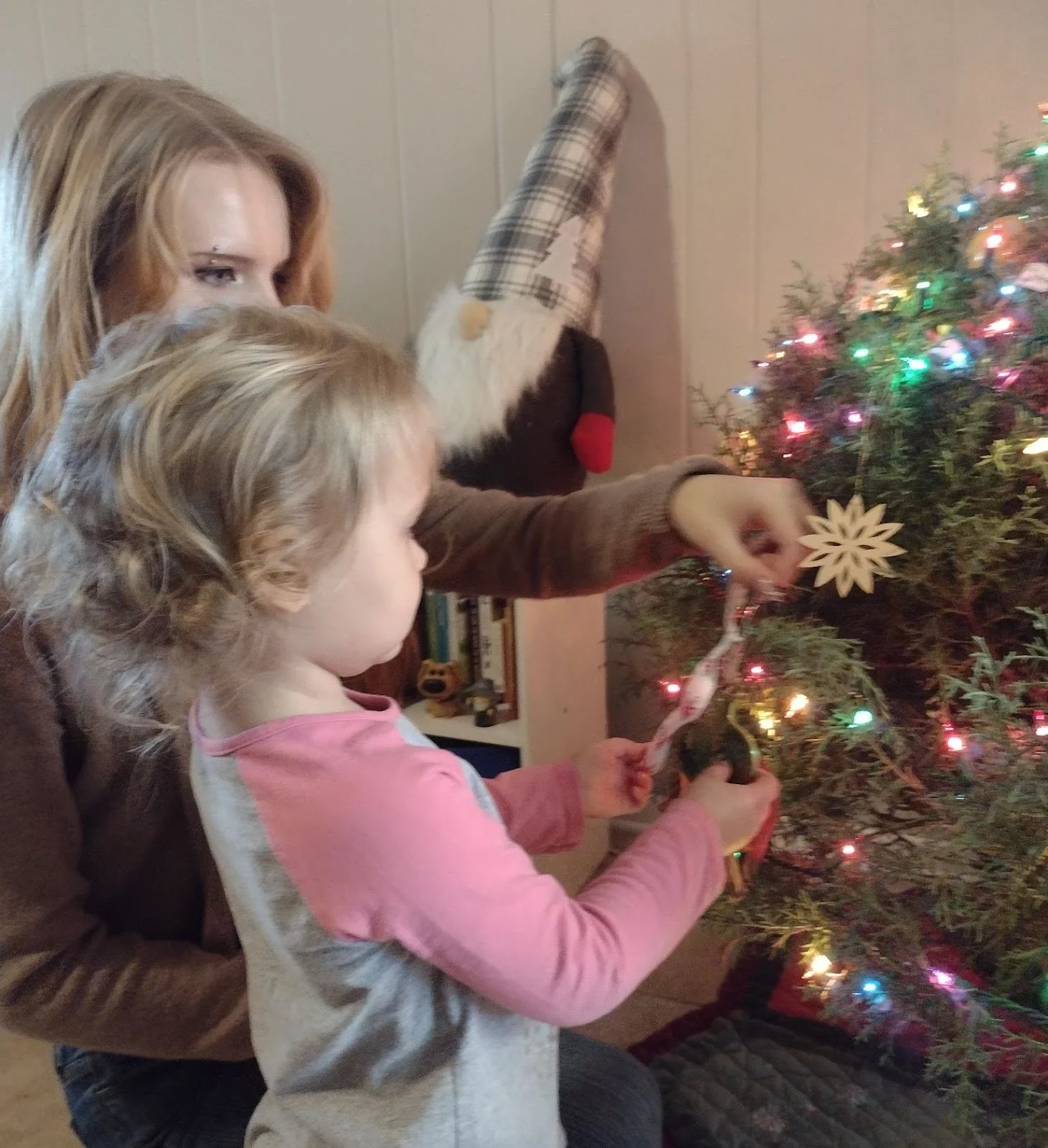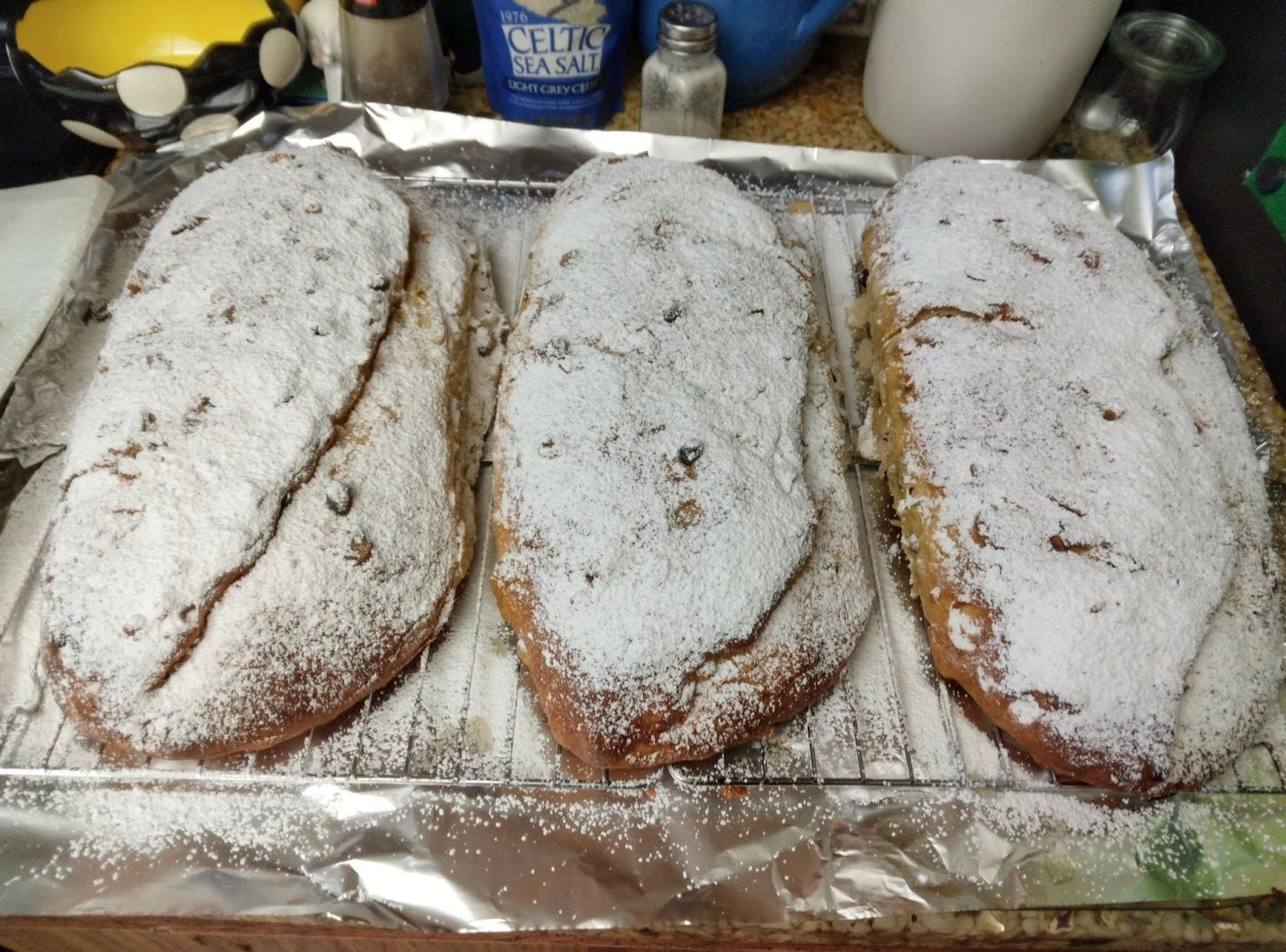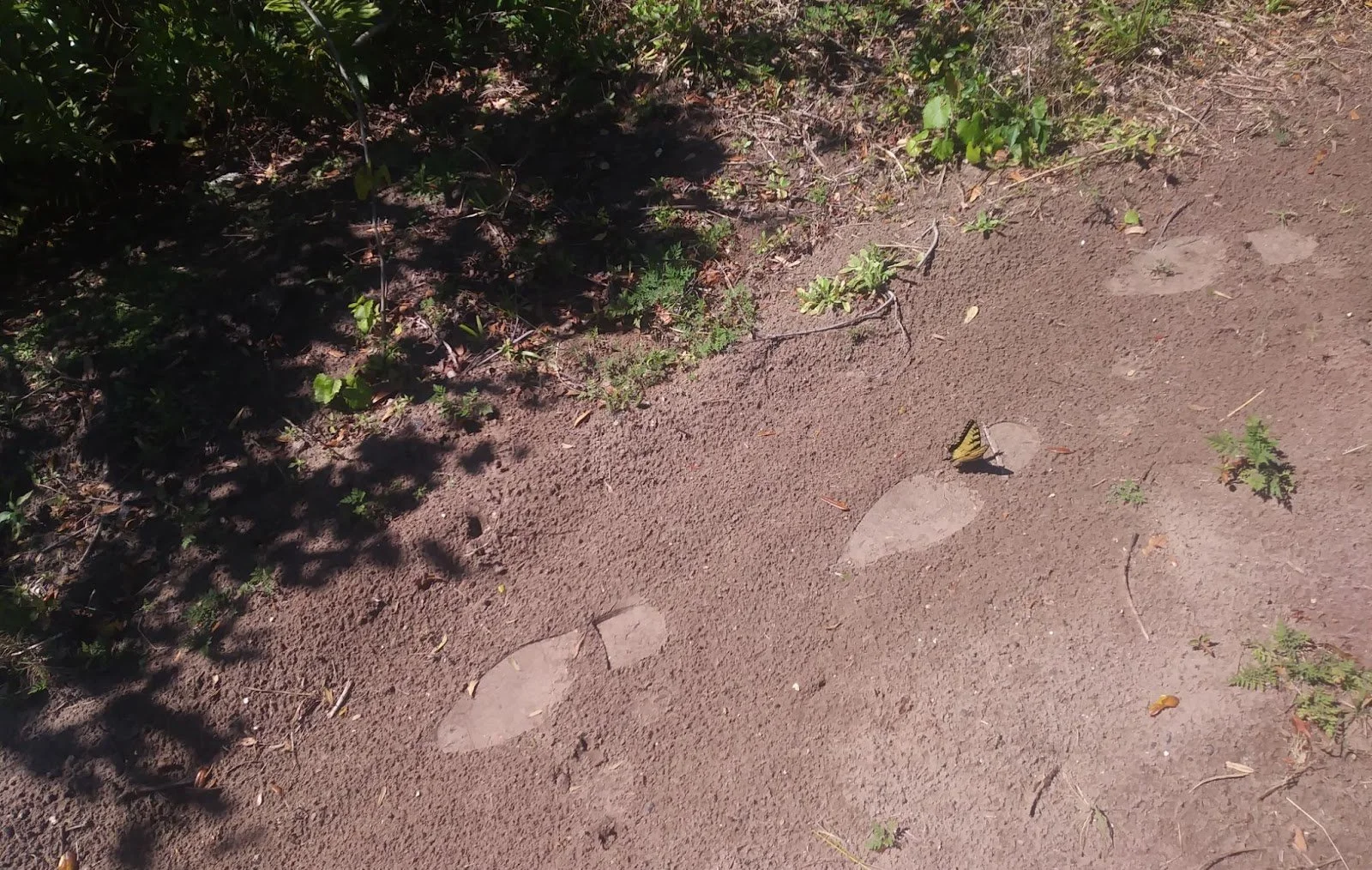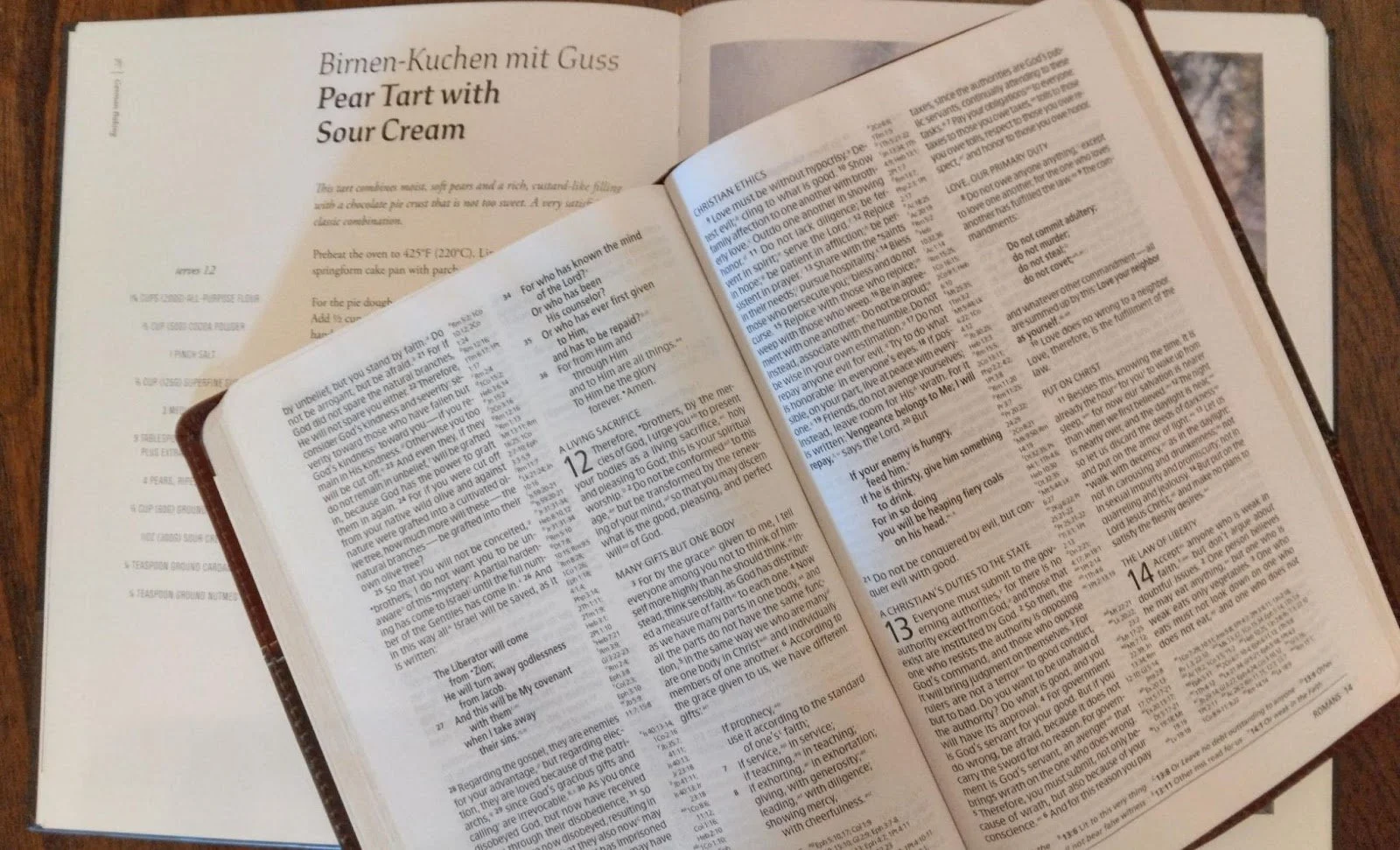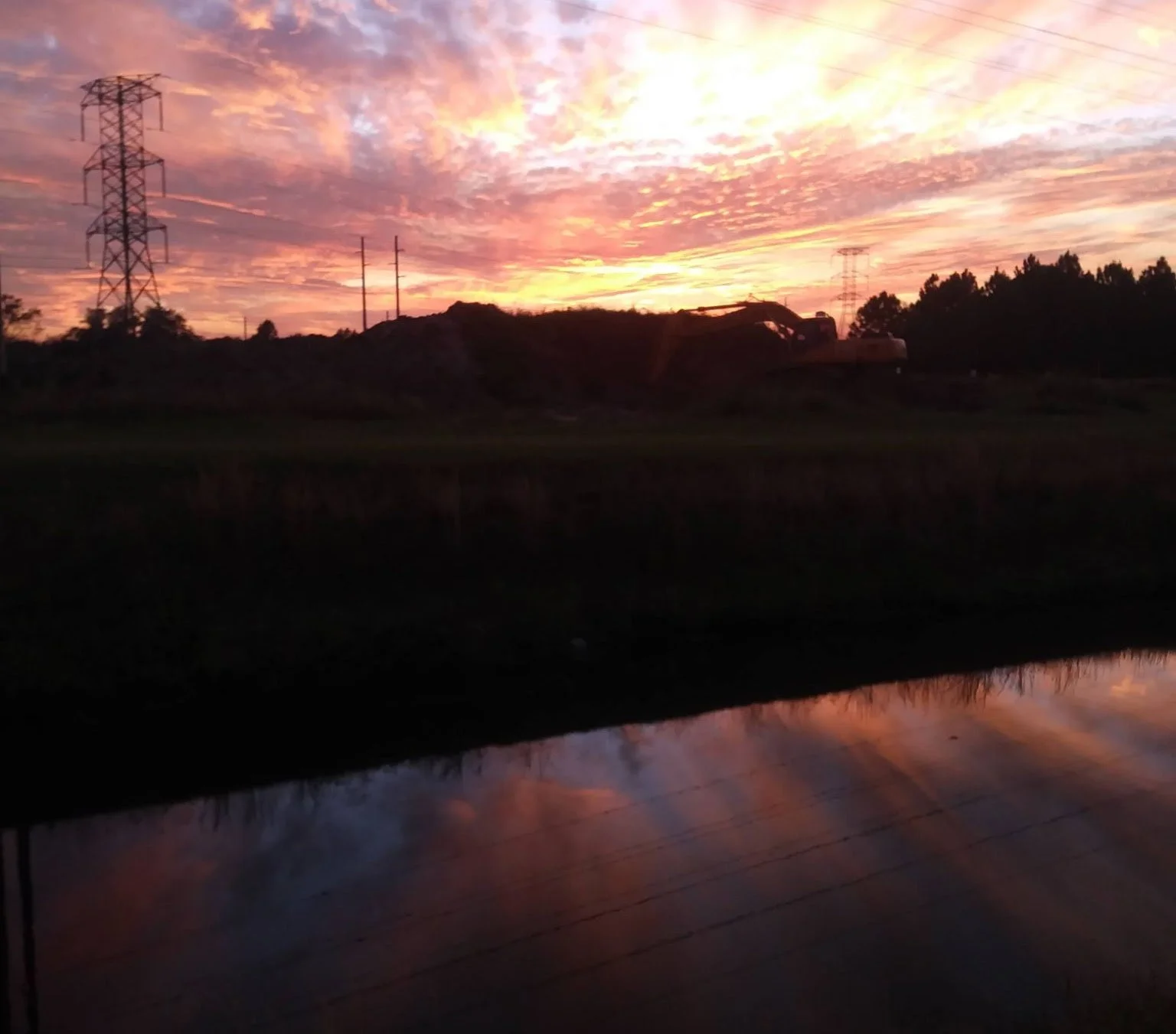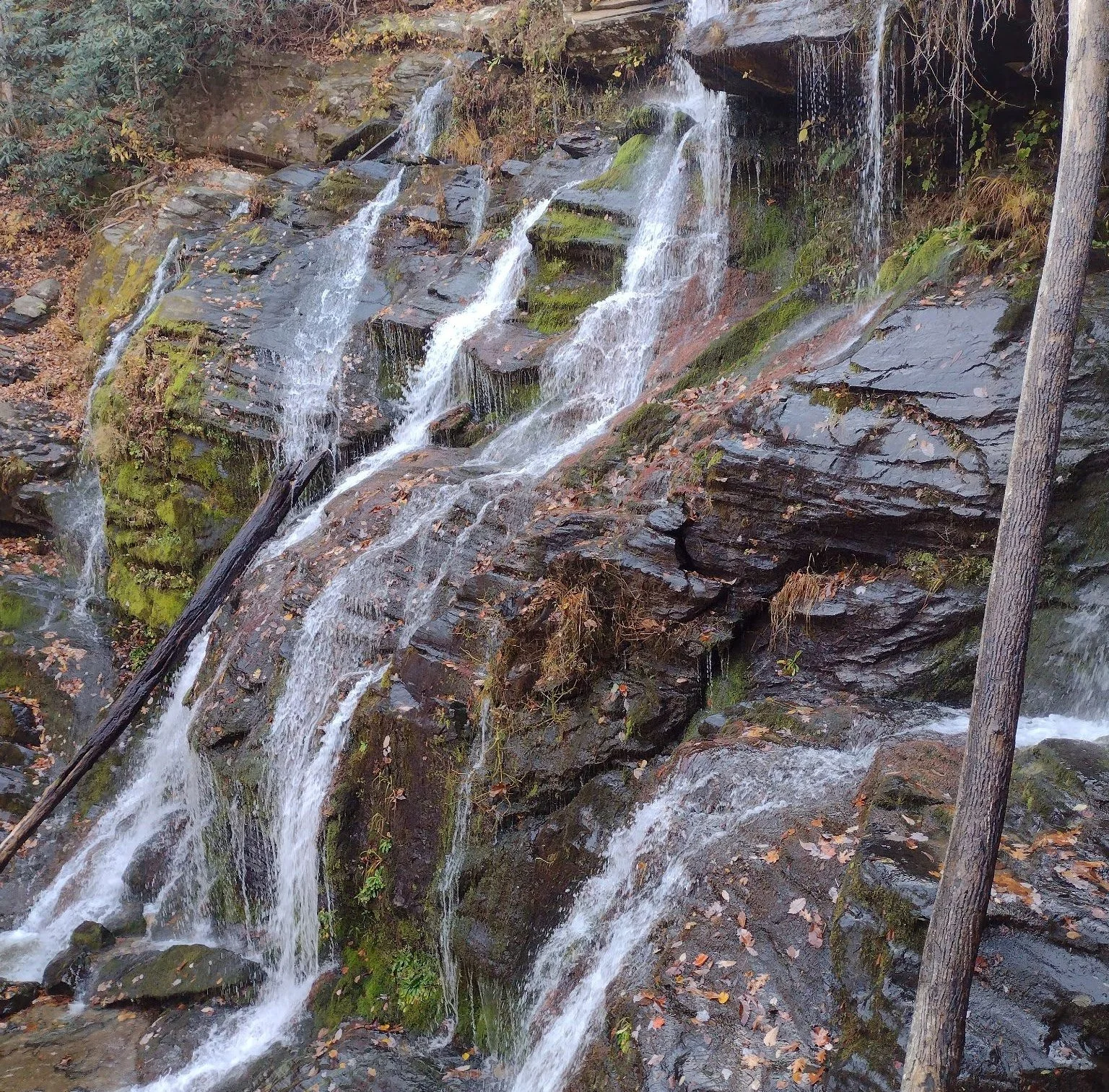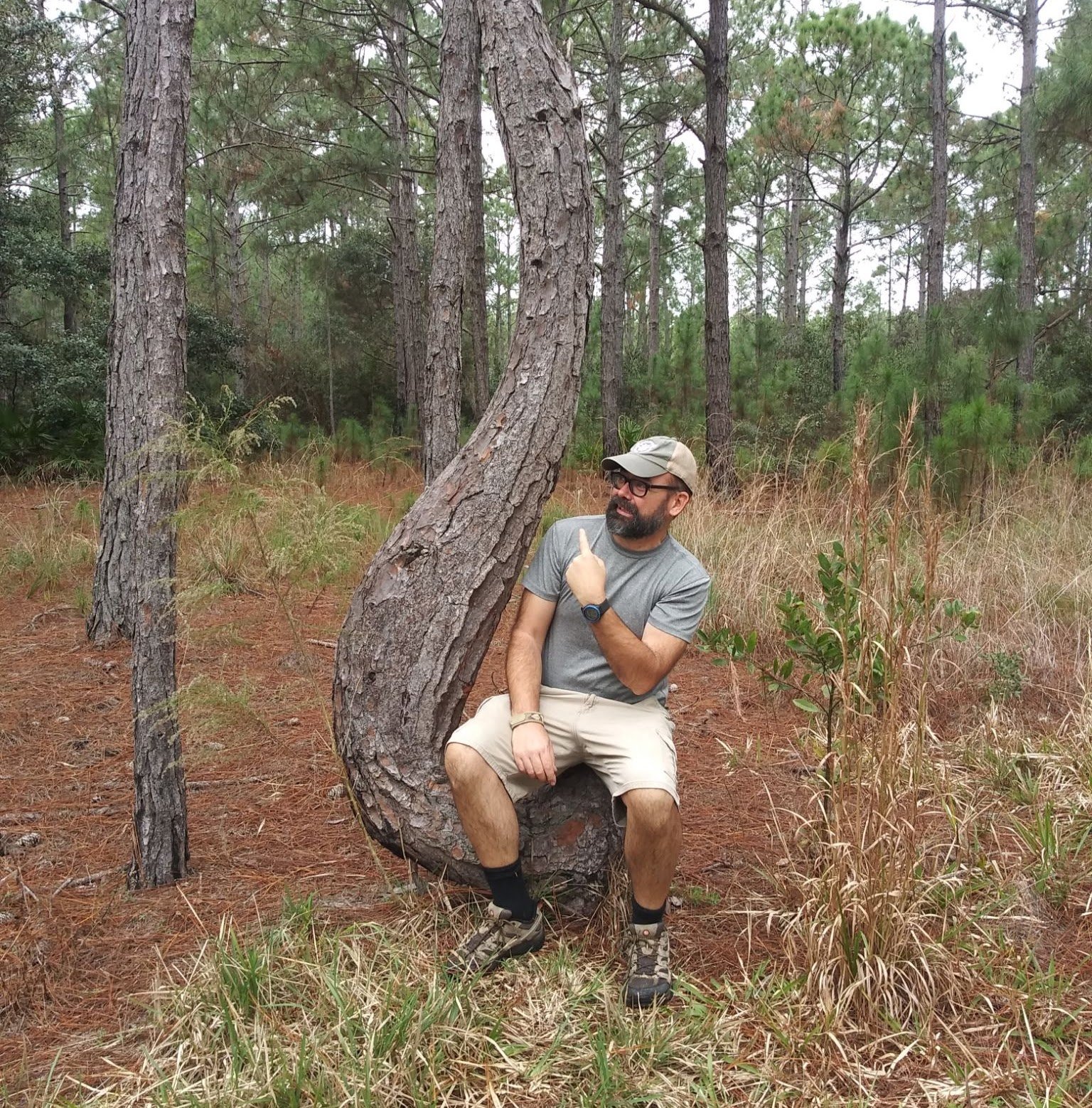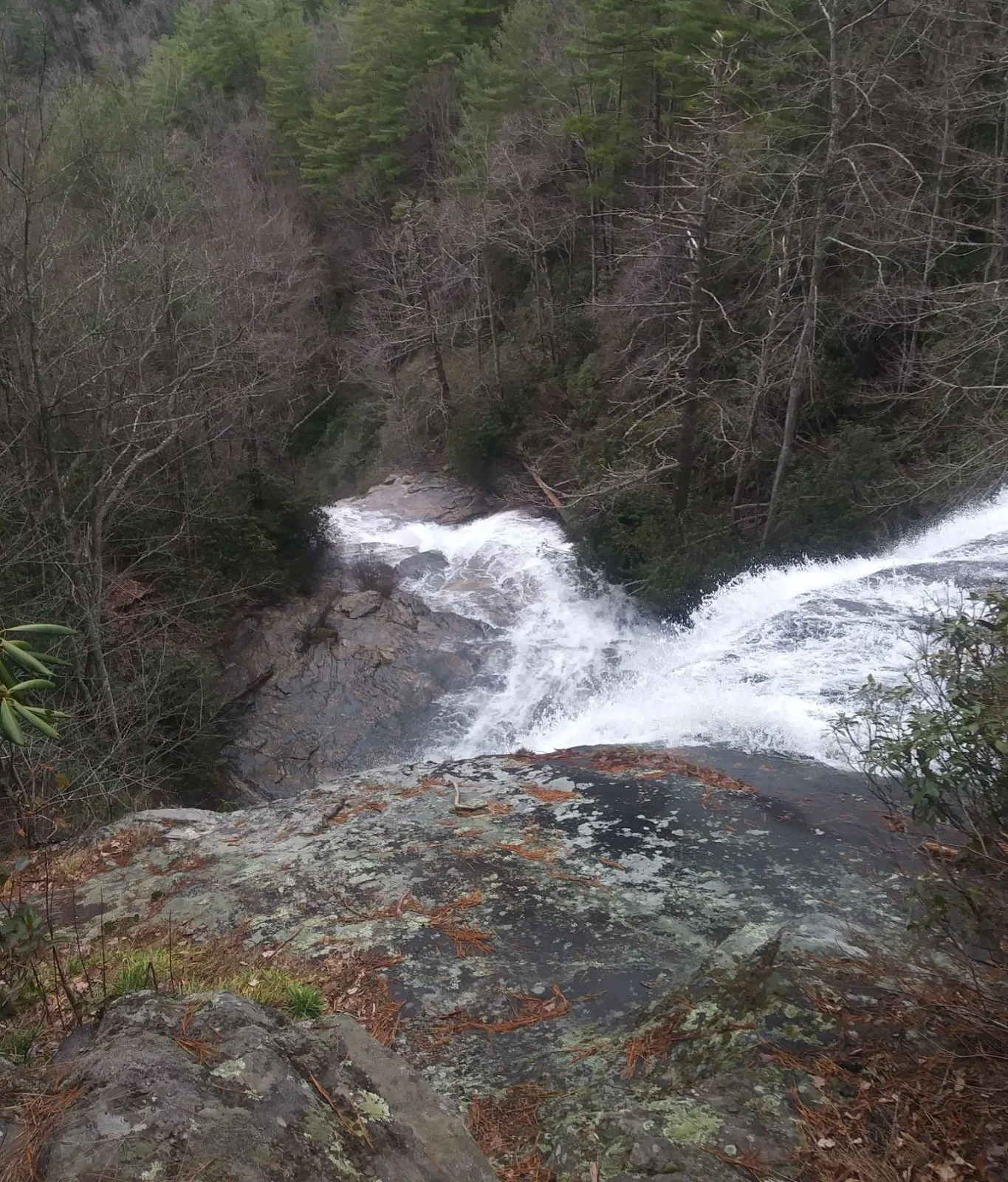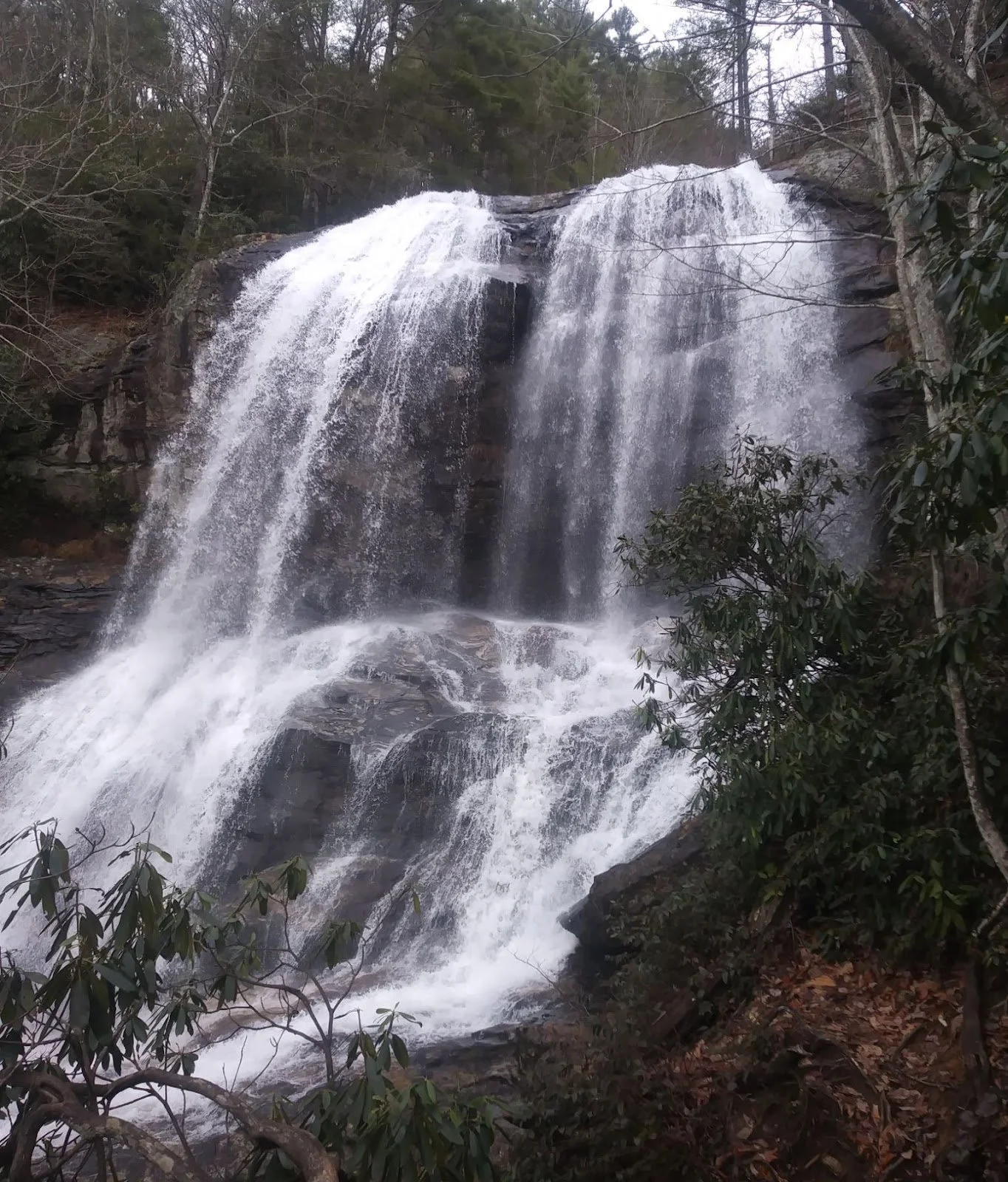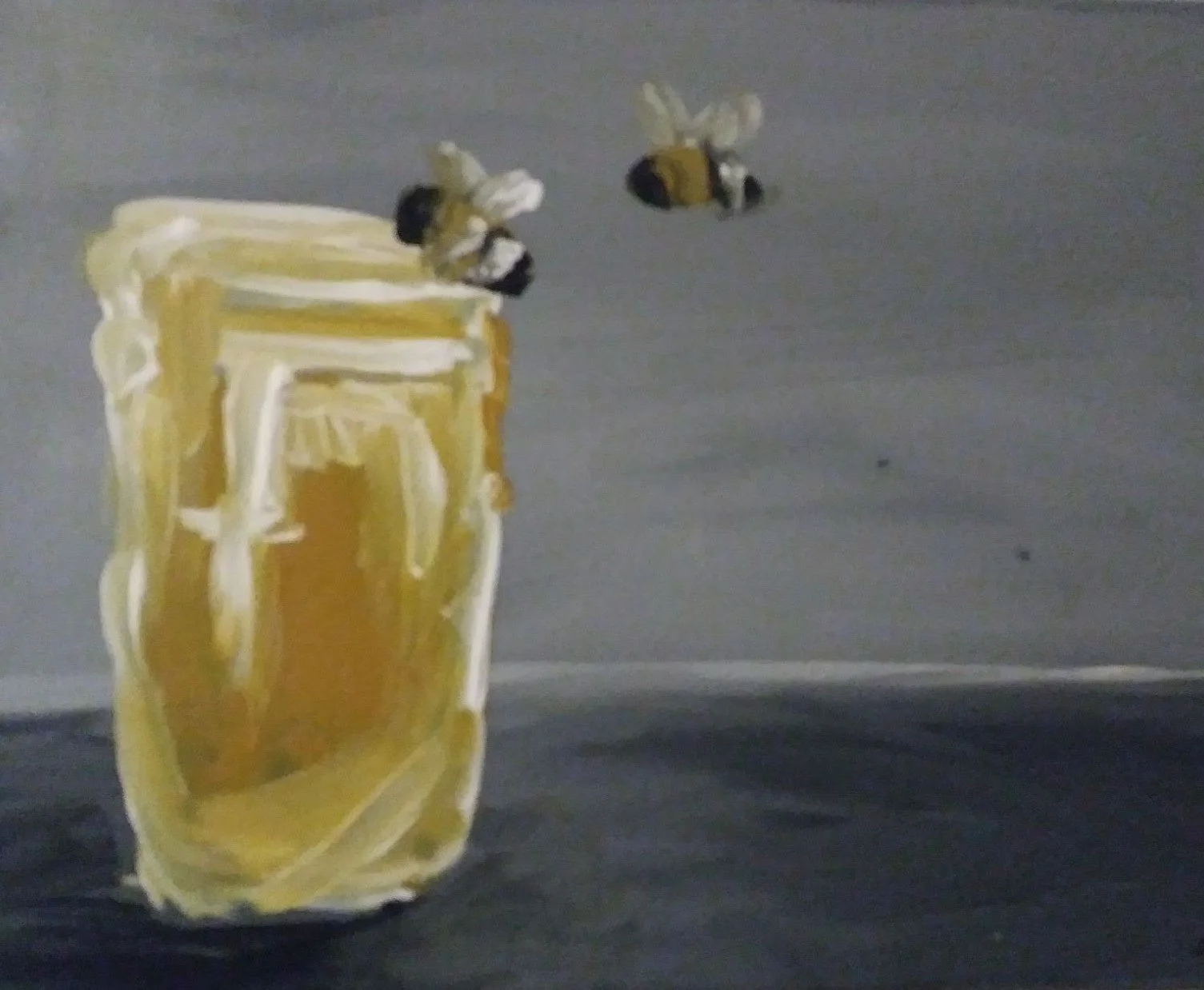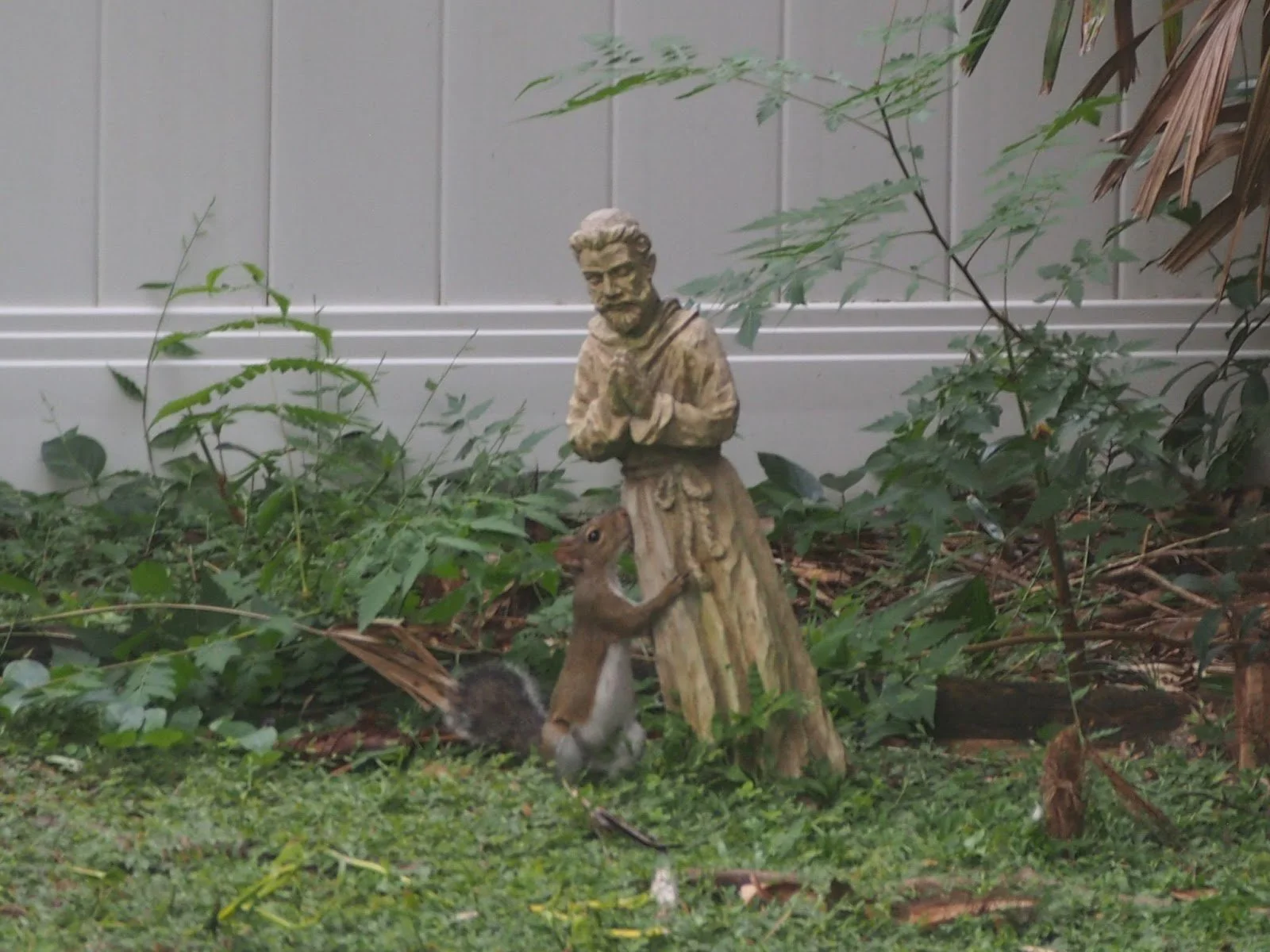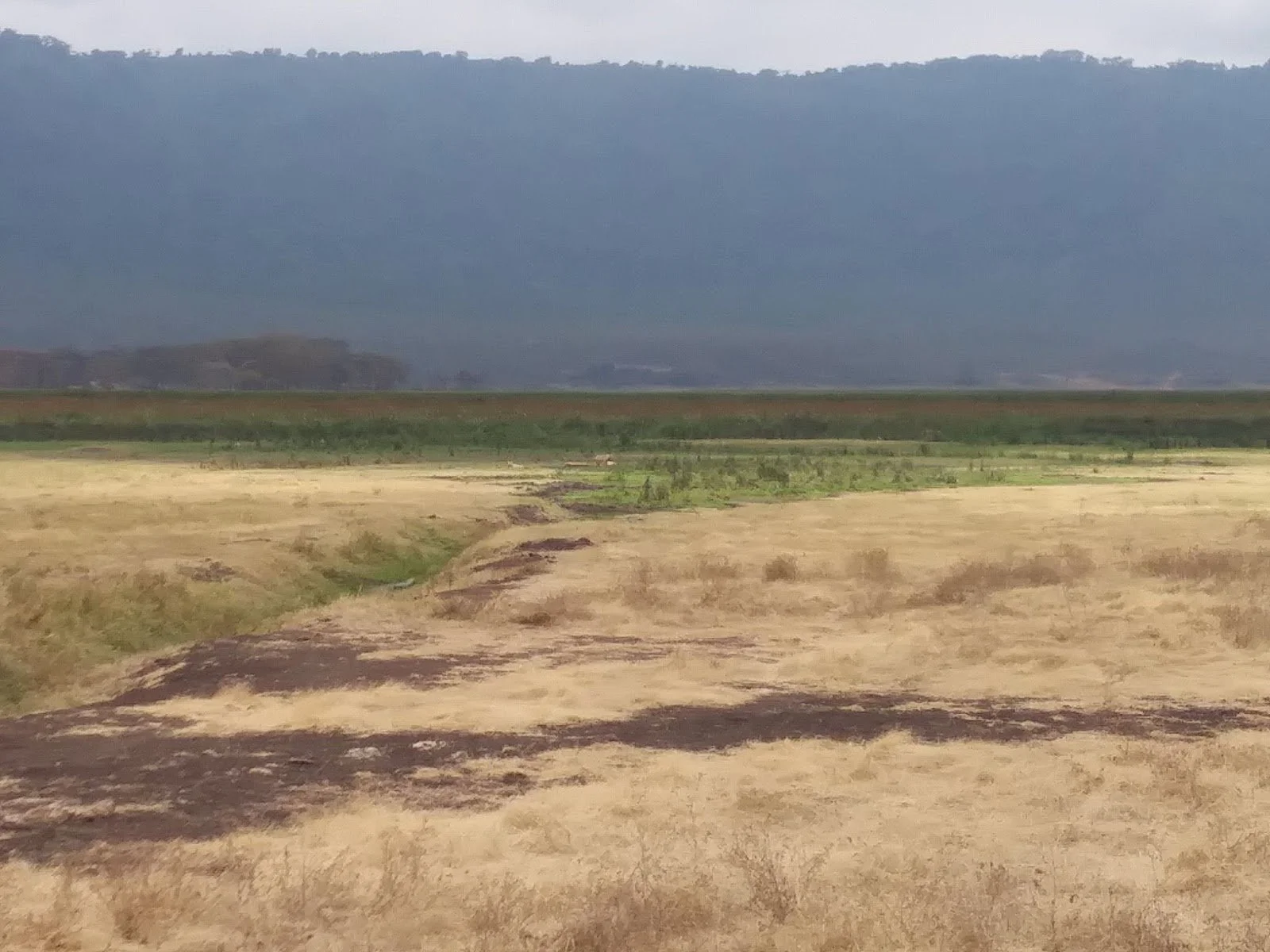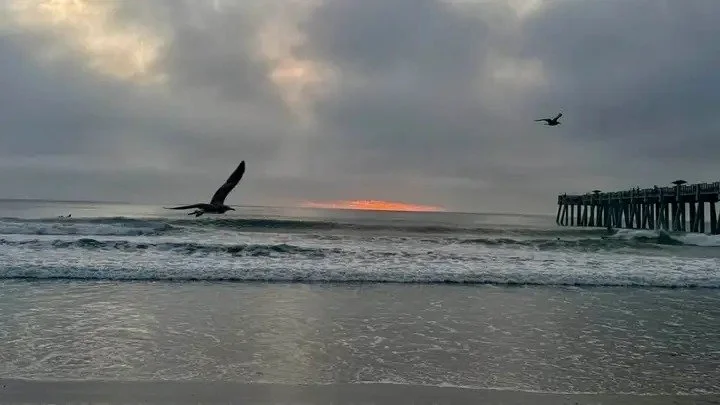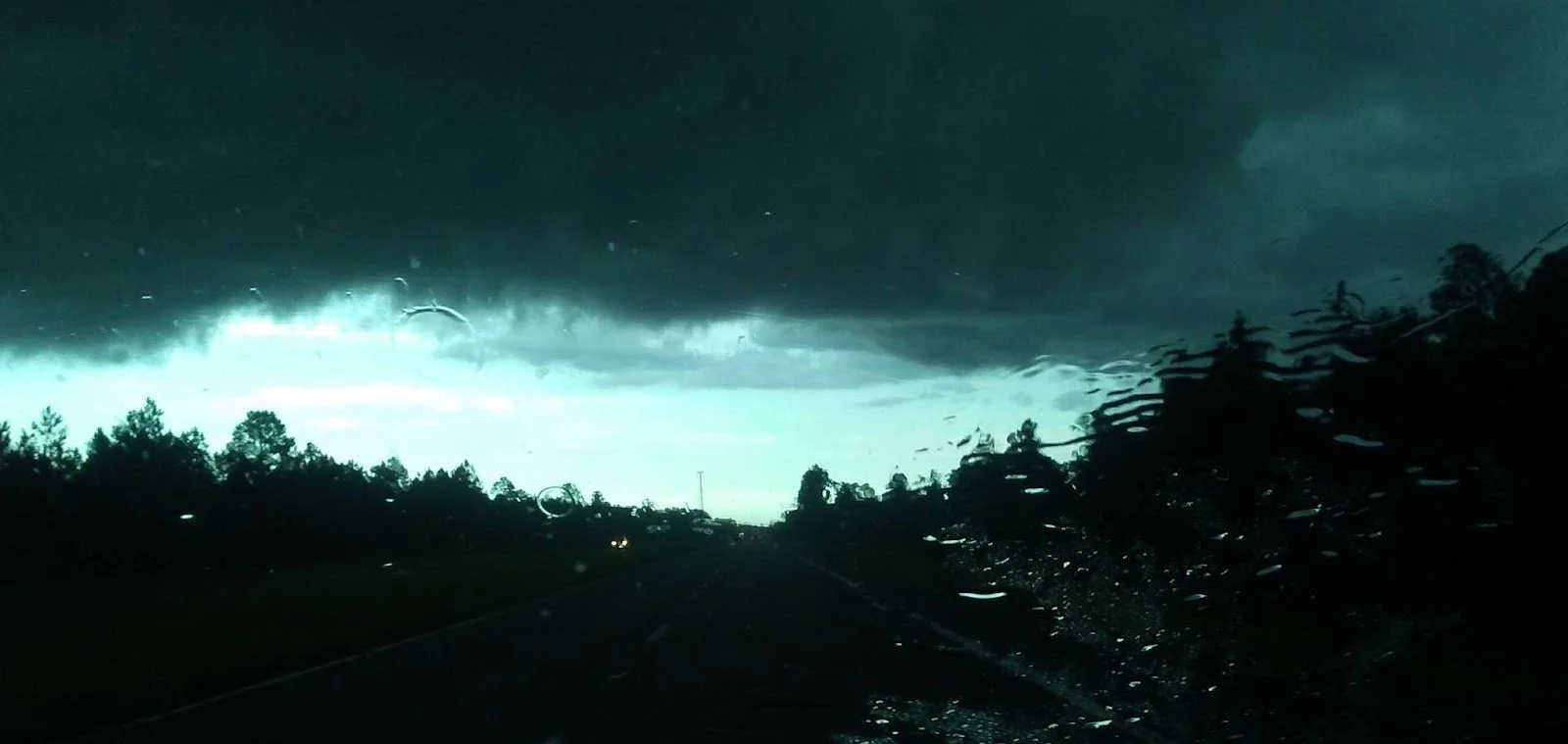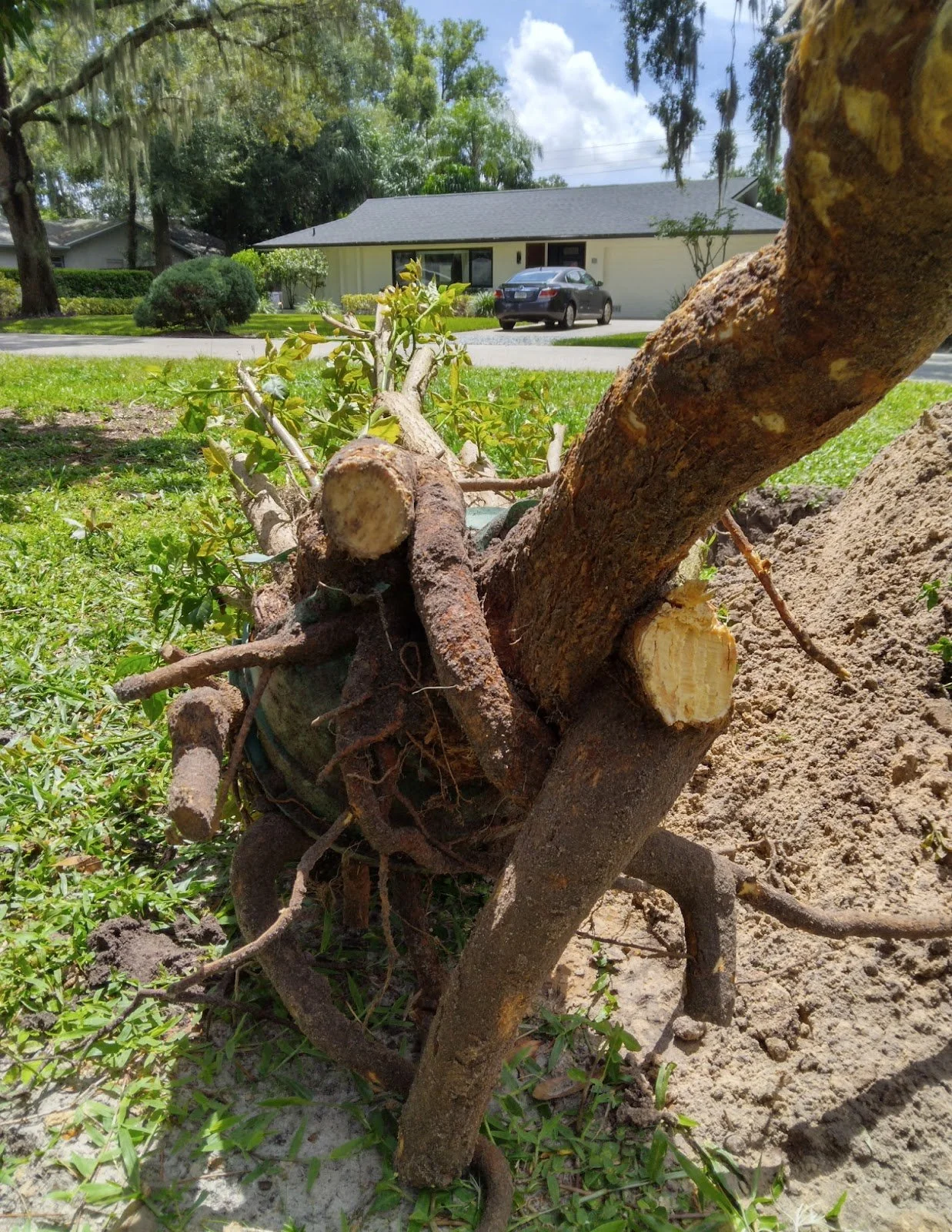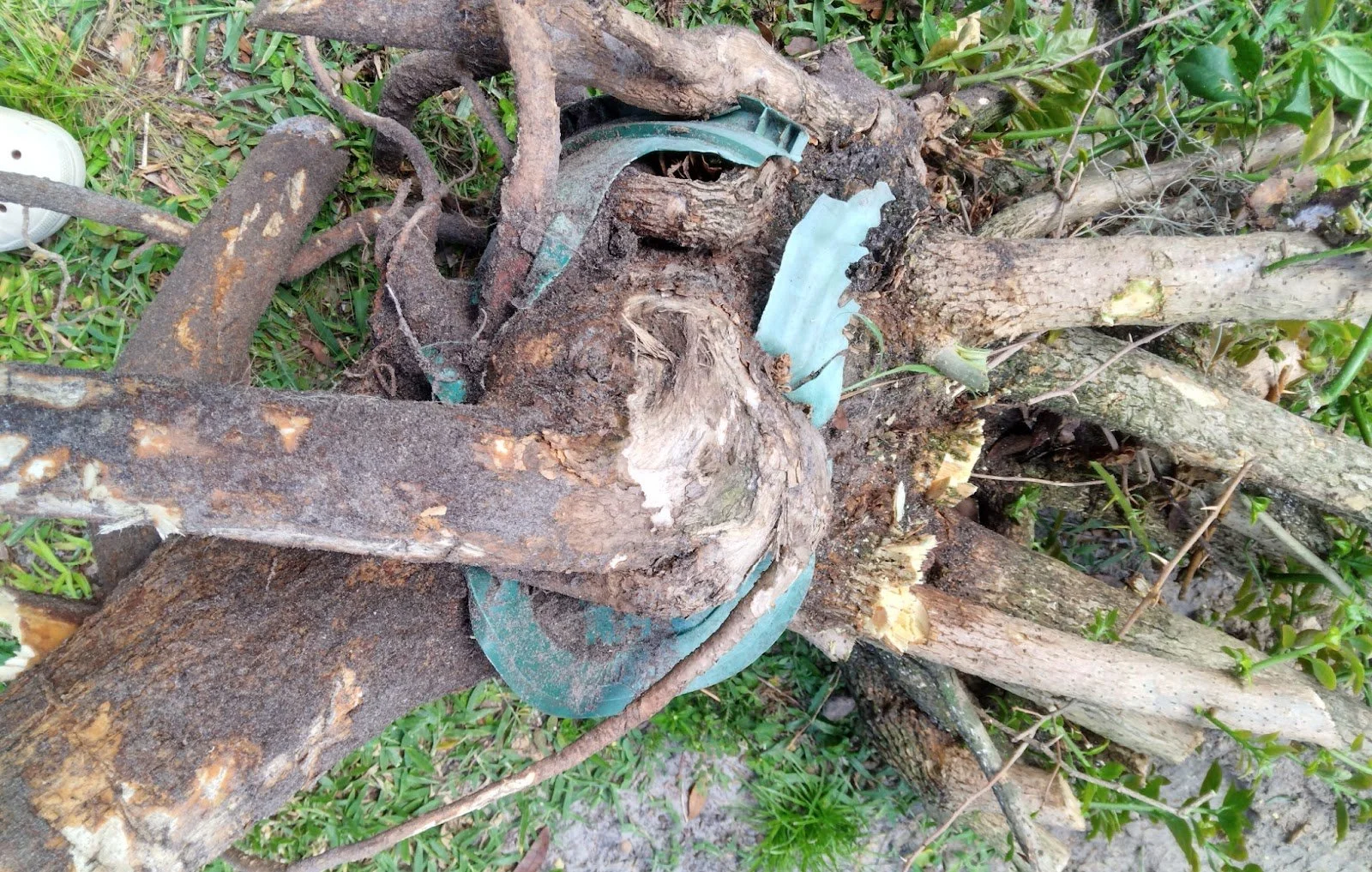Being Salt — Bringing Beauty
"Jesus said, 'You are the salt of the earth; but if salt has lost its taste, how can its saltiness be restored? It is no longer good for anything, but is thrown out and trampled under foot.'"
Those who know me well know that I'm a bit of a salt addict, and ... here's a confession: that might be an understatement. It's not a good thing, especially when someone has high blood pressure.
But putting that aside, salt generally is a good thing. In the ancient world, it was certainly seen as such, given its flavoring and healing properties. And Jesus was likely pointing to these components when he spoke of his followers as being "the salt of the earth."
But what does that mean for us and how do we do live into that?
Well, thinking about the flavoring aspect of salt, we are called to make the world a better, more palatable place to live. Perhaps this point isn't communicated enough from the pulpit, but our presence in this world should be something that not only pushes back the darkness but also the dull, the vapid, the banal.
And that comes through engaging the world with redemptive beauty whether that be through art, music, writing... or whatever other creative giftings that God has given us to bring flavor to a saltless society.
Friends, creativity is part of our vocation as believers. After all we are made in the image of our God and Father who is the creator of this vast and beautiful universe. Our calling then is to reflect his image to the world, including his creativity.
And here’s the thing, when we decorate this world with redemptive beauty, we not only bring flavor but healing.
Musician and author Andrew Peterson articulates this point well in his book, Adorning the Darkness:
"I want you, dear reader, to remember that one holy way of mending the world is to sing, to write, to paint, to weave new worlds ... Those of us [who do those things] must remember that to a child a song may glow like a nightlight in a scary bedroom. It may be the only thing holding back the monsters. That story may be the only beautiful, true thing that makes it through all the ugliness of a little girl’s world to rest in her secret heart. May we take that seriously. It is our job, it is our ministry, it is the sword we swing in the Kingdom, to remind children that the good guys win, that the stories are true, and that a fool’s hope may be the best kind.”
Friends, when I think of creativity that way, I’m inspired by this calling to be the salt of the earth. I hope you are as well.
O God, whom saints and angels delight to worship in heaven: Be ever present with your servants who seek through art and music to perfect the praises offered by your people on earth; and grant to them even now glimpses of your beauty, and make them worthy at length to behold it unveiled for evermore; through Jesus Christ our Lord. Amen (BCP, p 819).
Darin+

